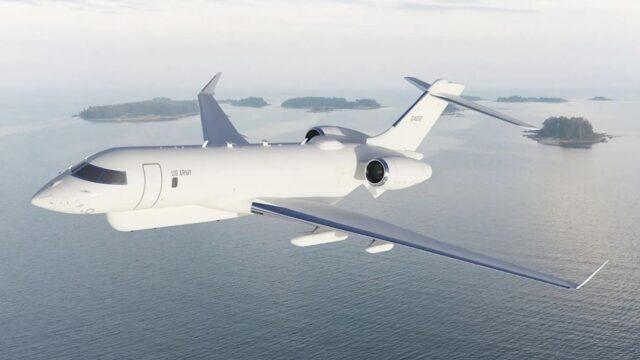KlasJet’s ACMI operations up 134% during record summer

November 8, 2024

KlasJet, a private and corporate jet charter company, operated almost 5,000 flights from May through October this year, marking an all-time summer high for the company.
“May-October represented a 134% increase in our ACMI block hour operations compared to the same time last year,” Augustinas Riskus, deputy chief commercial officer for KlasJet, said.
“This monumental increase in activity was thanks to a growth in demand for air travel that required airlines to use every available resource.”
In total, KlasJet operated 14,045 block hours using the seven 737s in its ACMI fleet this summer.
These aircraft flew for a variety of customers, including Israeli flag carrier EL AL, Smartwings, and Marabu.
In the same period last year, the carrier flew 5,999 hours with five aircraft.
“While this unprecedented increase in block hours was good for us, the airlines that we flew for were the first to experience the rewards of ACMI,” Riskus said.
“With the two additional 737s bringing a capacity of 186 seats each, we flew 426,099 more passengers for our airline customers in May-October 2024 than the same period last year.”
Riskus added that this would increase several key metrics for the airlines, including their revenue per seat mile flown. While each airline will have a variety of factors that will affect its financial performance, and year-end earnings have yet to be reported, ACMI capacity usually increases airline profits by 2-3%.
During the summer of 2024, aircraft operations were based in destinations that included Munich (MUC), Prague (PRG), Porto (OPO), Bratislava (BTS), and Brno (BRQ).
“We saw that our clients understand the advantage of taking ACMI-in as this solution provides you with much-needed capacity where and when you need it,” Riskus said.
“This allows the airlines to utilise the full extension of additional capacity during the peak seasons and not to lose any market share to competitors, while during the low season the carrier can reduce their operations to meet the demand”
















